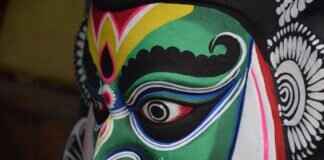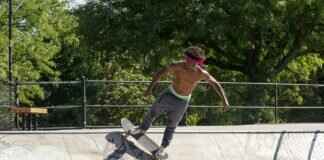The pandemic has transformed the traditional workplace landscape, ushering in a new era of remote work. However, in a surprising turn of events, companies that once championed remote work are now calling their employees back to the office after five years of working from home.
This shift has left many workers grappling with the loss of newfound flexibility and the prospect of returning to a full-time in-office schedule. Some employees have expressed reluctance to give up the benefits of remote work, leading to a fierce competition for the dwindling number of remote job opportunities available.
While the debate between remote work and returning to the office rages on, what can we expect in the future of work? Let’s delve deeper into the reasons behind the push for a return to the office and how it may impact both employees and businesses.
Why the Push for Return-to-Office?
Bosses are increasingly advocating for employees to return to the office for several reasons, ranging from utilizing expensive corporate real estate to boosting productivity and profits. Leaders believe that in-office work may lead to higher levels of productivity, translating into financial gains for the company.
Research has shown that firms are more likely to mandate a return to the office after experiencing stock price declines, as they hope that increased in-office time will drive up productivity and improve overall performance. Additionally, certain types of leaders, particularly those with a preference for traditional work structures, are more inclined to push for in-office work.
The current labor market dynamics, where employers hold greater power due to an abundance of job seekers, have also influenced the rise of return-to-office mandates. Some companies view these mandates as a strategy to encourage employees to either comply or leave, thereby streamlining their workforce.
The Impact of Return-to-Office on Businesses and Employees
Despite the push for employees to return to the office, the impact on business performance and employee satisfaction remains uncertain. Limited research suggests that return-to-office mandates can negatively affect employee job satisfaction, leading to decreased morale and potential turnover, particularly among certain demographics.
Companies that have implemented return-to-office policies have reported lower job satisfaction ratings among employees, indicating potential challenges with the transition back to in-office work. Moreover, the shift to in-office work has led to longer hiring processes and increased turnover rates among key staff members.
However, not all employees are against the return to the office. Some, like Clinton Stamper, an Amazon software engineer, value the collaborative environment and social interactions that an office setting provides. Stamper finds that working in an office environment helps him stay focused and engage more effectively with his colleagues.
While the future of work may involve more time spent in offices than in the past five years, the trend towards remote flexibility has left a lasting impact on work culture. Despite the resurgence of in-office work, experts believe that hybrid work models are here to stay, offering employees greater flexibility and employers a competitive edge in attracting and retaining talent.
In conclusion, the return-to-office trend reflects a complex interplay of factors, from economic considerations to leadership preferences. As businesses navigate the transition back to in-office work, it is essential to consider the diverse needs and preferences of employees to foster a positive and productive work environment.














